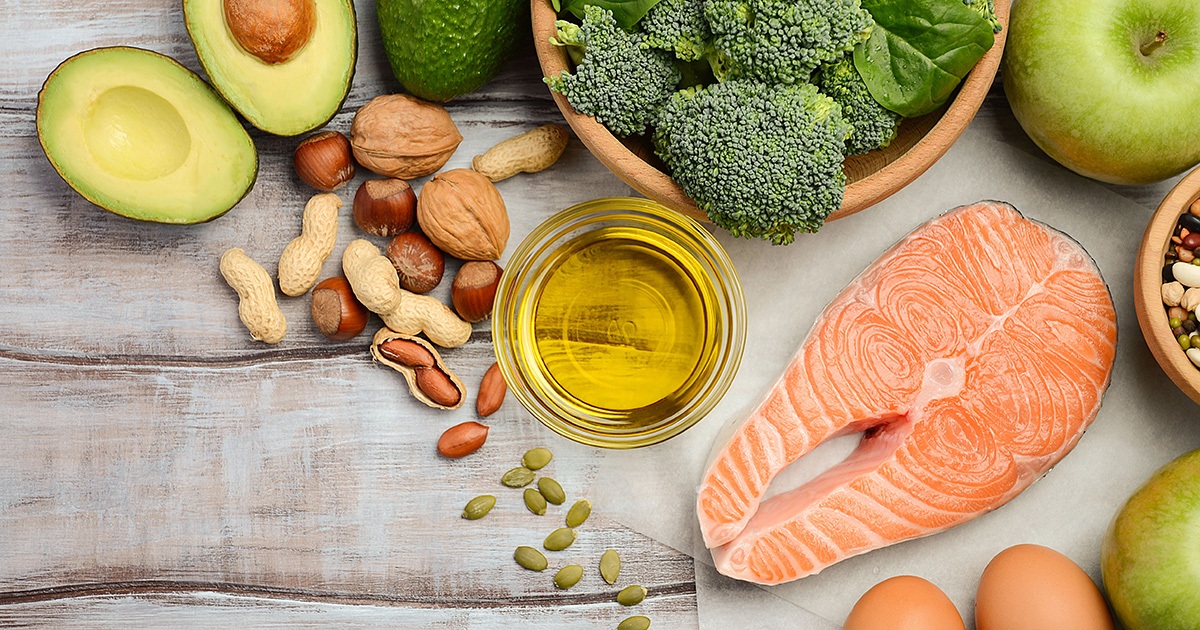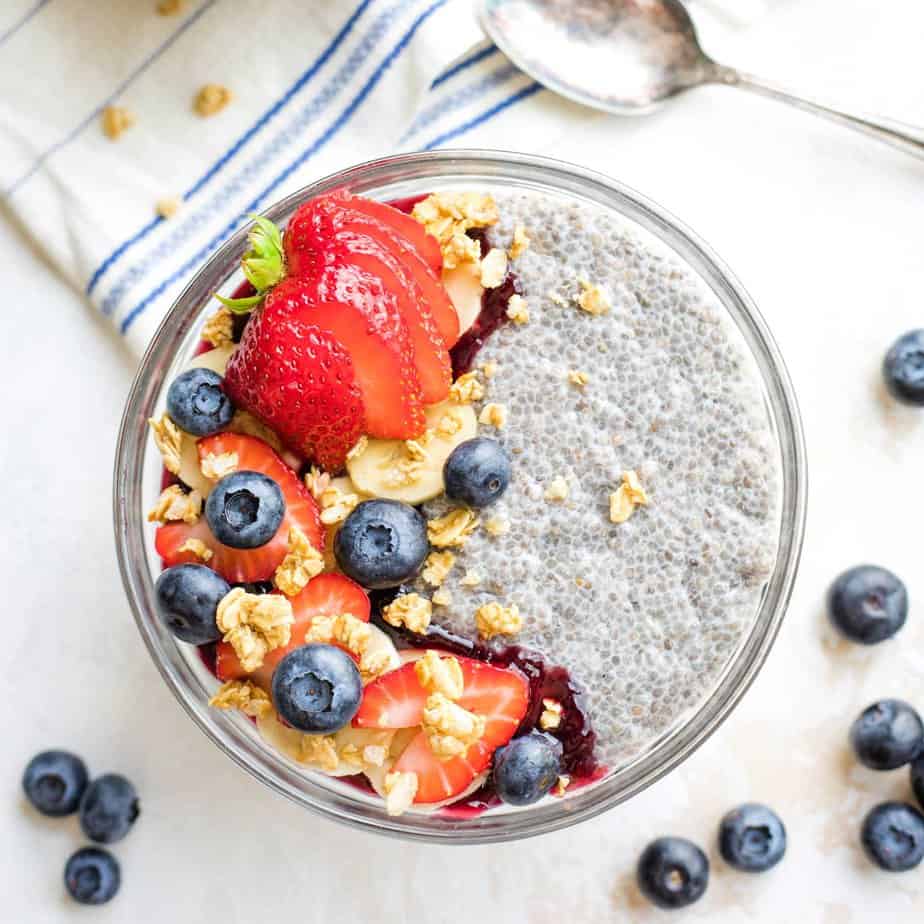Introduction
When it comes to maintaining a healthy lifestyle, the importance of omega 3 fatty acids cannot be overstated.
These essential fats play a crucial role in supporting heart health, brain function, and joint health. While fatty fish and flaxseeds are commonly known sources of omega 3 fatty acids, coconut oil also contains this beneficial nutrient. In this article, we will explore the benefits of omega 3 fatty acids, sources of these essential fats, an introduction to coconut oil, and how coconut oil can still be a valuable source of omega 3 fatty acids.
Benefits of Omega 3 Fatty Acids

Omega 3 fatty acids offer a wide range of health benefits, making them an essential component of a balanced diet. Some of the key benefits include:
Heart health
Omega 3 fatty acids are known for their ability to support heart health by reducing the risk of heart disease, lowering blood pressure, and improving overall cardiovascular function.
Brain function
These essential fats are crucial for brain health, supporting cognitive function, memory, and overall mental well-being.
Joint health
Omega 3 fatty acids have anti-inflammatory properties that can help reduce joint pain and stiffness, making them beneficial for individuals with arthritis or other joint-related issues.
Sources of Omega 3 Fatty Acids

While fish such as salmon, mackerel, and sardines are well-known sources of omega 3 fatty acids, there are also plant-based sources that include:
Fatty fish
Salmon, mackerel, sardines, and other fatty fish are rich sources of omega 3 fatty acids, particularly EPA and DHA.
Flaxseeds
Flaxseeds are an excellent plant-based source of alpha-linolenic acid (ALA), a type of omega 3 fatty acid.
Chia seeds
Chia seeds are another plant-based source of ALA, providing a convenient way to incorporate omega 3 fatty acids into your diet.
Walnuts
Walnuts are a tasty and nutritious source of omega 3 fatty acids, making them a great addition to salads, oatmeal, or as a snack on their own.
Introduction to Coconut Oil

Coconut oil has gained popularity in recent years due to its unique nutritional profile and potential health benefits.
Nutritional content
Coconut oil is rich in saturated fats, particularly medium-chain triglycerides (MCTs), which are known for their quick energy release and potential metabolism-boosting properties.
Here’s a general overview based on a typical serving size of one tablespoon (about 13.6 grams):
| Nutrient | Amount per 1 Tablespoon (13.6g) |
|---|---|
| Calories | 121 |
| Total Fat | 13.5g |
| – Saturated Fat | 11.2g |
| – Monounsaturated Fat | 0.8g |
| – Polyunsaturated Fat | 0.2g |
| Cholesterol | 0mg |
| Sodium | 0mg |
| Total Carbohydrates | 0g |
| Dietary Fiber | 0g |
| Sugars | 0g |
| Protein | 0g |
| Vitamin E | 0.1mg (1% DV) |
Please note that these values are approximate and can vary based on the specific product. Additionally, while coconut oil does not contain significant amounts of vitamins or minerals, it is primarily composed of saturated fats, including medium-chain triglycerides (MCTs), which are unique fatty acids with potential health benefits.
Potential health benefits
While more research is needed, some studies suggest that coconut oil may have antimicrobial, anti-inflammatory, and antioxidant properties, which could offer various health benefits.
Here are various ways to incorporate coconut oil and omega 3 fatty acids into your daily routine for potential health benefits:
- Cooking Oil:
- Use coconut oil as a substitute for other cooking oils in sautéing, frying, or baking. Its high smoke point makes it suitable for various cooking methods.
- Coffee or Tea Boost:
- Add a teaspoon of coconut oil to your morning coffee or tea. This practice, known as “bulletproof coffee,” may provide sustained energy and mental clarity.
- Smoothies:
- Blend a tablespoon of coconut oil into your morning smoothie for a creamy texture and added nutritional benefits.
- Salad Dressing:
- Create a homemade salad dressing by combining coconut oil with balsamic vinegar, lemon juice, or your preferred herbs and spices.
- Popcorn Topper:
- Drizzle melted coconut oil over popcorn for a flavorful and healthy alternative to butter.
- Stir-Fries and Curries:
- Enhance the flavor of stir-fries and curries by using coconut oil. It complements the taste of many Asian and tropical dishes.
- Baking Substitute:
- Replace other fats like butter or vegetable oil with coconut oil in baking recipes. It can add a subtle coconut flavor to your baked goods.
- Energy Boost:
- Consume a teaspoon of coconut oil for a quick energy boost. The medium-chain triglycerides (MCTs) in coconut oil are rapidly converted into energy by the body.
- Oil Pulling:
- Engage in oil pulling by swishing a tablespoon of coconut oil in your mouth for 15-20 minutes. This traditional practice is believed to promote oral health.
- Skin Moisturizer:
- Apply coconut oil as a natural moisturizer for your skin. It’s rich in fatty acids that can help hydrate and nourish the skin.
- Hair Treatment:
- Use coconut oil as a deep-conditioning hair treatment. Apply it to your hair, leave it on for a few hours, or overnight, and then wash it out for smooth and shiny locks.
- DIY Toothpaste:
- Combine coconut oil with baking soda and a few drops of essential oil like peppermint to create a natural toothpaste.
Omega 3 Fatty Acids in Coconut Oil
While coconut oil is not a direct source of omega 3 fatty acids, it does contain a small amount of these essential fats.
When compared to other sources, coconut oil may not be as rich in omega 3 fatty acids, but it can still contribute to your overall intake.
Comparison to other sources
In comparison to fatty fish, flaxseeds, and walnuts, coconut oil contains a lower concentration of omega 3 fatty acids. However, it can still be a valuable addition to your diet when combined with other omega 3-rich foods.
| Source | Omega-3 Content (per 100g) | Type of Omega-3 |
|---|---|---|
| Flaxseed Oil | 53.3g | ALA (Alpha-Linolenic Acid) |
| Chia Seeds | 17.8g | ALA |
| Salmon (wild, cooked) | 2.3g | EPA (Eicosapentaenoic Acid) |
| Walnuts | 9.1g | ALA |
| Coconut Oil | Negligible | – |
Effectiveness in delivering omega 3 fatty acids
While coconut oil may not be the primary source of omega 3 fatty acids, incorporating it into your diet can provide a diverse range of nutrients, including MCTs and a small amount of omega 3 fatty acids.
How to Incorporate Coconut Oil into Your Diet

There are various ways to incorporate coconut oil into your daily meals and snacks, such as:
Cooking and baking
Use coconut oil as a substitute for other cooking oils in recipes, such as stir-fries, baked goods, and roasted vegetables.
Smoothies and shakes
Add a spoonful of coconut oil to your favorite smoothie or protein shake for a creamy texture and a hint of coconut flavor.
Salad dressings
Create a homemade salad dressing using coconut oil, vinegar or citrus juice, and your choice of herbs and spices for a refreshing and nutritious topping.
While coconut oil itself is not a significant source of omega-3 fatty acids, incorporating other omega-3-rich ingredients into recipes along with coconut oil can create delicious and nutritious meals.
Here are a few recipes to get you started:
1. Chia Seed Pudding with Coconut and Berries:

- Ingredients:
- 1/4 cup chia seeds
- 1 cup coconut milk
- 1 tablespoon coconut oil (melted)
- Fresh berries for topping
- Instructions:
- Mix chia seeds, coconut milk, and melted coconut oil in a bowl.
- Let it sit in the refrigerator for a few hours or overnight until it thickens.
- Top with fresh berries before serving.
2. Baked Salmon with Coconut-Lime Glaze:

- Ingredients:
- 4 salmon fillets
- 2 tablespoons coconut oil (melted)
- Juice of 1 lime
- 2 cloves garlic (minced)
- Salt and pepper to taste
- Instructions:
- Preheat the oven to 375°F (190°C).
- Mix melted coconut oil, lime juice, minced garlic, salt, and pepper.
- Brush the mixture over salmon fillets.
- Bake for 15-20 minutes or until the salmon is cooked through.
3. Coconut-Crusted Tilapia with Mango Salsa:
- Ingredients:
- 4 tilapia fillets
- 1/2 cup shredded coconut
- 2 tablespoons coconut oil (melted)
- 1 mango (diced)
- 1/4 cup red onion (finely chopped)
- Fresh cilantro for garnish
- Instructions:
- Preheat the oven to 400°F (200°C).
- Mix shredded coconut and melted coconut oil in a bowl.
- Coat tilapia fillets with the coconut mixture and bake for 15-20 minutes.
- Combine diced mango and chopped red onion for salsa. Top the baked tilapia with salsa and garnish with fresh cilantro.
4. Omega-3 Rich Smoothie:
- Ingredients:
- 1 cup coconut water
- 1/2 cup Greek yogurt
- 1/2 cup frozen berries
- 1 tablespoon chia seeds
- 1 tablespoon coconut oil (melted)
- Honey to taste
- Instructions:
- Blend coconut water, Greek yogurt, frozen berries, chia seeds, and melted coconut oil until smooth.
- Add honey to taste and blend again.
- Pour into a glass and enjoy your omega-3 rich smoothie.
Conclusion
Incorporating omega 3 fatty acids into your diet is essential for overall health and well-being. While fatty fish, flaxseeds, and walnuts are well-known sources of these essential fats, coconut oil can also provide a small amount of omega 3 fatty acids.
By understanding the benefits of omega 3 fatty acids and the potential of coconut oil, you can make informed choices to support your health and nutrition goals.null
Originally posted 2023-11-26 07:53:22.

